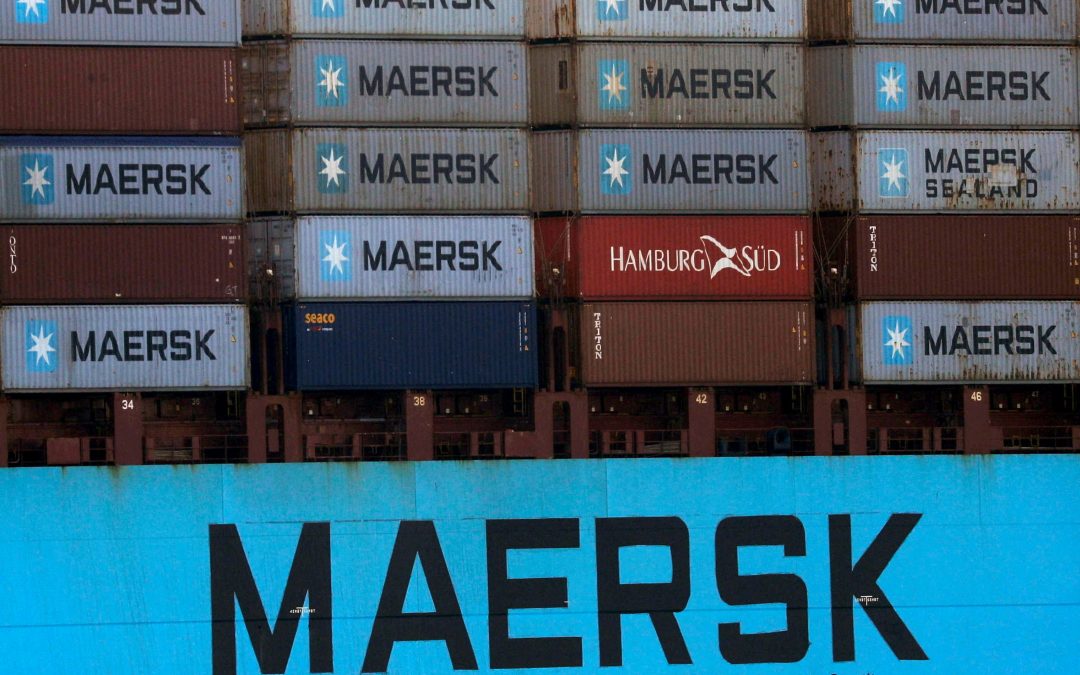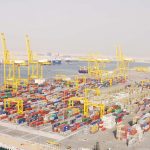A.P. Moller-Maersk (Maersk) announced more than USD $ 500 million investment to expand its supply chain infrastructure to support Southeast Asia’s emergence as a global production hub and a consumption powerhouse. Maersk’s planned three-year investment will target its Logistics & Services arm, but at the same time, a substantial amount of investment will also be channeled into its Ocean and Terminals infrastructure. The investment is expected to create job opportunities for local talents on top of automation efficiencies and scale the company’s existing network footprint in the region.
The investment was announced on the sidelines of a recently concluded global executive board meeting in Singapore. It aims to build supply chain resilience, lower the cost of trade, which tends to be 2x-3x higher in certain Asian markets, and offer value-added outcomes to its customers.
Maersk will invest in scaling its warehousing and distribution footprint by up to 50% across the area to augment its ocean, air, and land capabilities, serving both international and domestic market demand. By 2026, Maersk expects to add nearly 480,000 sqm capacity spread across Malaysia, Indonesia, Singapore, and the Philippines. With these investments, Maersk will be able to better serve customers with mega distribution centers that are strategically located, sustainable, and equipped with advanced automation to drive increased efficiencies. One of the notable investments will be at the Port of Tanjung Pelepas, located in Malaysia, where it is poised to become a key integrated logistics hub with multi-modal connectivity to simplify our customers’ supply chain domestically and connect to the world. Furthermore, Maersk is also investing in increasing its landside warehouse capacity at Singapore’s Changi Airport, with the aim of solidifying its position as Maersk’s regional air freight hub.
On landside connectivity, Maersk will invest in significantly increasing its haulage truck capacity in Southeast Asia with the capability to offer greener solutions depending on its customers’ needs. It will also pilot biodiesel-based haulage trucks and introduce EV trucks by 2024.
On the ocean and terminal front, Maersk continues to invest in expanding its infrastructure across the region through APM Terminals, to support enhanced ocean network design and bring additional trans-shipment to the region. Additionally, the company is working closely with authorities in the region to explore opportunities in building green fuel infrastructure to support its future green vessel fleet.
Maersk has a presence in four markets in its Southeast Asia Area, including Singapore, Malaysia, Indonesia, and the Philippines. With over 5000 employees, the company’s extensive network of offices, distribution centers, and production facilities strategically positioned across the area enables it to effectively serve its customers and partners.
Source: Hellenic Shipping News






